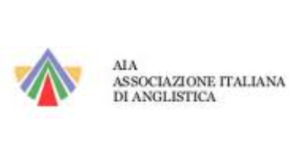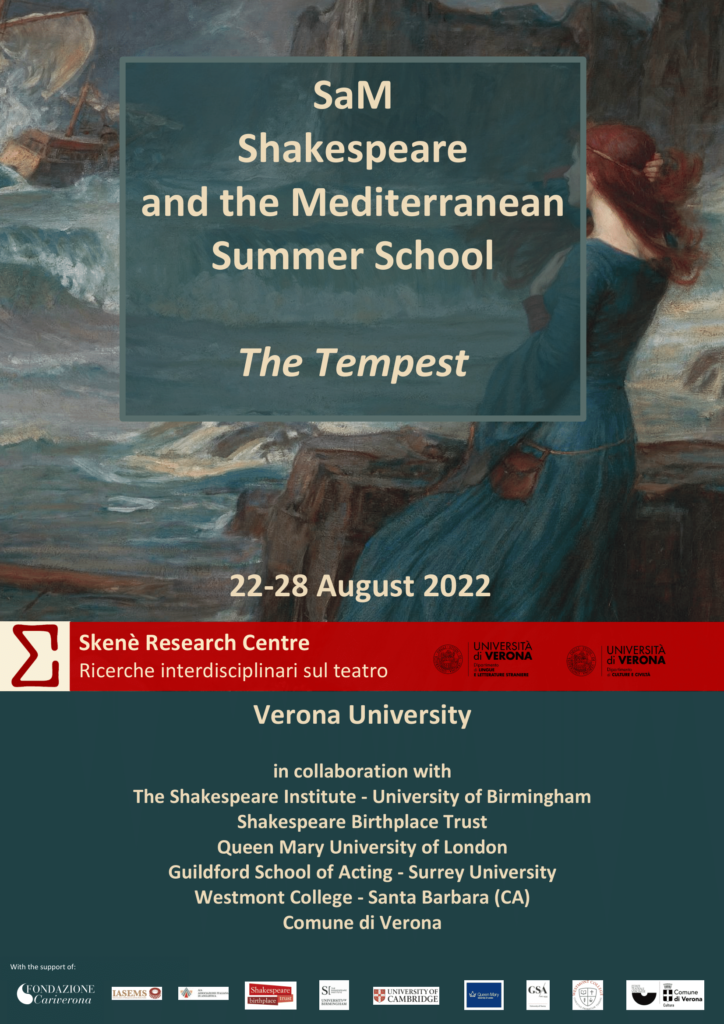SaM
Shakespeare and the Mediterranean
Summer School
The Tempest
Since classical antiquity, the Mediterranean has been a breeding ground for cultural formation and transformation, extraordinarily capitalised on by Shakespeare, who set many of his plays there, re-elaborating narratives, cultural models, theatregrams, epistemological perspectives, and visual and material art forms. In turn, Italy and the other Mediterranean cultures are nowadays responding to the aesthetic and cultural stimuli of those plays, with ever new interpretations and reinterpretations.
The SaM Summer School will approach Shakespeare and the Mediterranean from a double perspective that integrates source studies and performance studies: from the Mediterranean sources of Shakespeare to Shakespeare as a source of new adaptations and rewritings in the heart of the Mediterranean. The second edition will concentrate on The Tempest in a Mediterranean context.
The seminars and activities will deal with Shakespeare’s last solo play, and also themes such as fluidity, water symbolism, and the dramatic functions of storms in other Shakespearean plays and adaptations.
Prospective Students
The Summer School is open to university students, teachers, and performers. Participants are free to choose in-person or remote attendance. Participants will be divided into two groups:
- BA students (third year and near-graduates); Master’s and Doctoral students, as well as schoolteachers (Group A).
- Acting School students and graduates as well as performers (Group B).
- Students of group A should have at least a B2 level in English.
Course Structure
The summer school is designed as a cycle of lectures and workshops offered in a face-to-face environment or as synchronous online teaching. Participants are free to choose the most suitable mode. It also includes online learning activities before and after the live classes (blended mode).
From the August 22 and 28 the second edition of the Verona Shakespeare Fringe Festival (VSFF) will take place at the Teatro Camploy. The festival is part of the Summer School. Students may attend the festival on site or online
The Summer School will admit up to 50 participants (25 for Group A and 25 for Group B).
Classes will be held in English (Group A) and Italian and English (Group B). Minimum attendance: 80%, on site or online.
Accommodation
Applications are now open and will close on June 4, 2022.
Admitted candidates will be notified by June 11, 2022 and the deadline for the tuition fee is by June 18, 2022.
Withdrawals will not be accepted after June 30
Students in Group A will be provided with reading materials by July 5, 2022. End-of-course essays will be due by September 15, 2022.
Staff
Guido Avezzù (University of Verona)
Chiara Battisti (University of Verona)
Jaq Bessell (GSA, University of Surrey)
Silvia Bigliazzi (University of Verona)
John Blondell (Westmont College and Lit Moon Theatre Company, Santa Barbara CA)
Simona Brunetti (University of Verona)
Rosy Colombo (Sapienza University of Rome)
Andrea Coppone (performer)
Tania Demetriou (University of Cambridge)
Michael Dobson (Shakespeare Institute, Stratford-upon-Avon)
Paul Edmondson (Shakespeare Birthplace Trust, Stratford-upon-Avon)
Sidia Fiorato (University of Verona)
Felice Gambin (University of Verona)
Jason Lawrence (University of Hull)
Eric Nicholson (New York University Florence)
Susan Payne (University of Florence)
Elena Pellone (Shakespeare Institute, Stratford-upon-Avon)
Cristiano Ragni (University of Verona)
David Schalkwyk (Queen Mary University of London)
Goran Stanivukovic (Saint Mary’s University, Halifax)
Emanuel Stelzer (University of Verona)
Stanley Wells (Shakespeare Birthplace Trust, Stratford-upon-Avon)
Tzachi Zamir (Hebrew University of Jerusalem)
Roberta Zanoni (University of Verona)
In collaboration with:
The Shakespeare Institute, University of Birmingham
Shakespeare Birthplace Trust
Cambridge University
Queen Mary University of London
Guildford School of Acting, University of Surrey
Westmont College, Santa Barbara (CA)
Comune di Verona – Estate teatrale
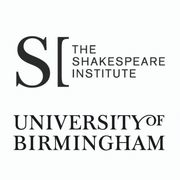
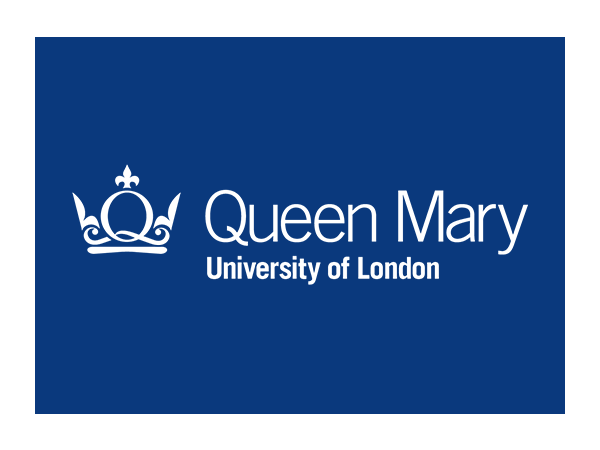
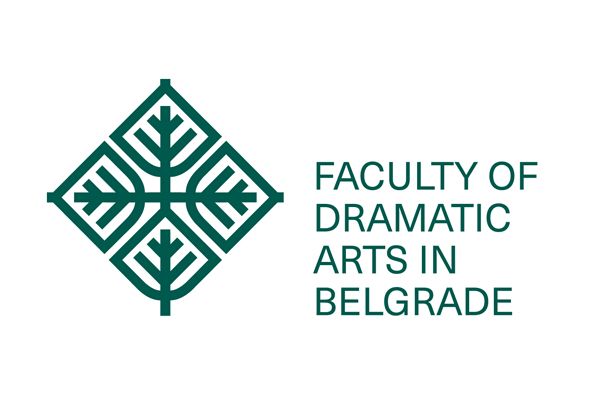
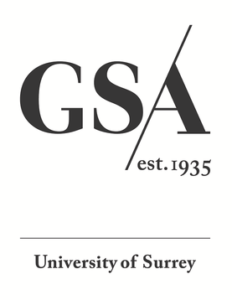
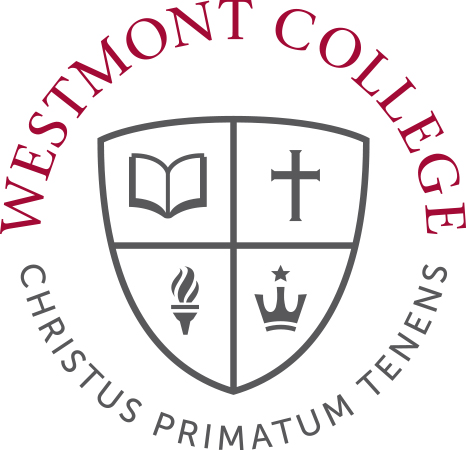

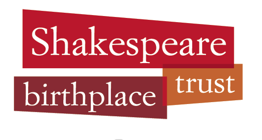
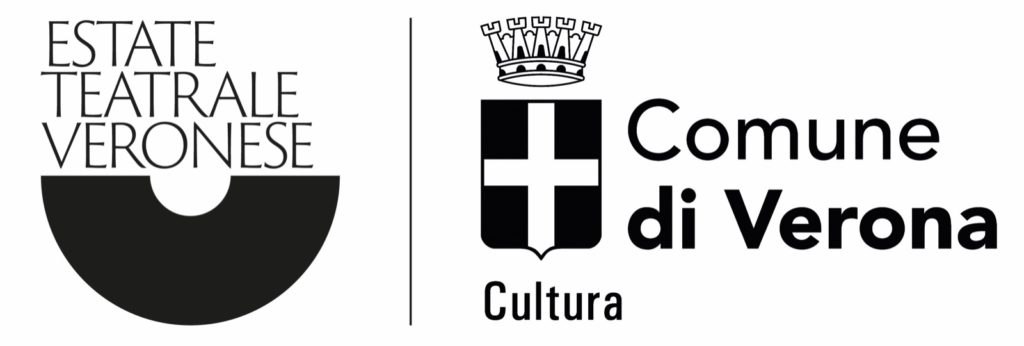
With the support of:
Under the auspices of:

